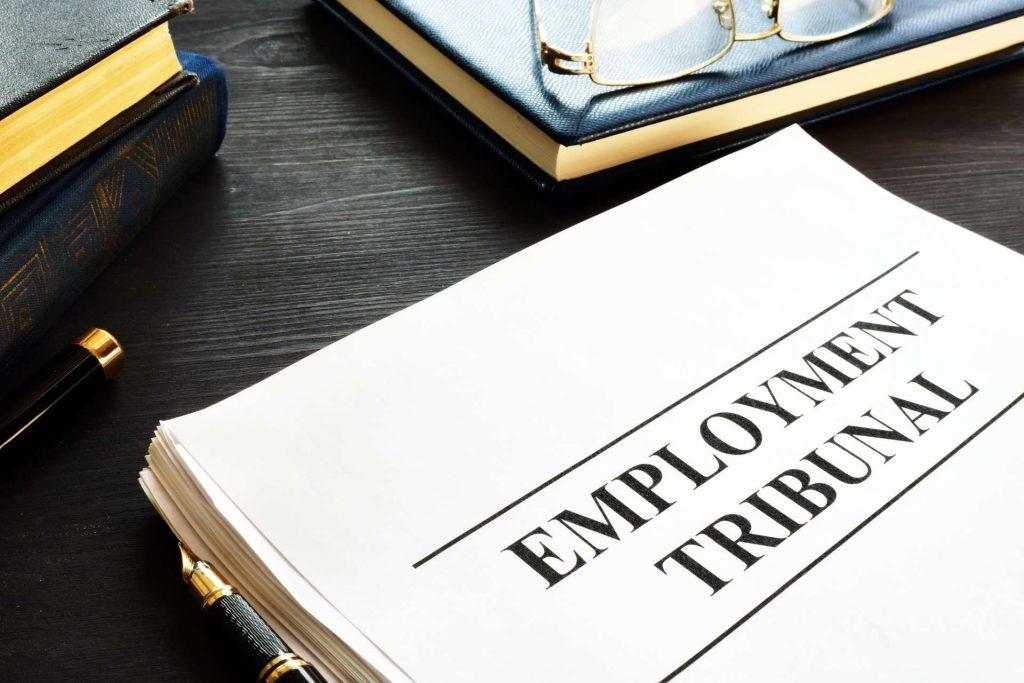27th March 2014
Covert Recordings Held to be Admissible in Employment Tribunal Proceedings
In the case of Punjab National Bank (International) Ltd and others v Gosain, the Employment Appeal Tribunal (EAT) was asked to considered whether covert recordings of both the public and private discussions at disciplinary and grievance hearings should be admissible in evidence.
By way of background, an employment tribunal has a wide discretion to determine whether evidence is admissible and in practice, it will generally decide that evidence is admissible if it is relevant to an issue between the parties. However, even where evidence is relevant to the issues to be determined, a tribunal can still order that it should be excluded, usually on the application of a party to the proceedings.
In the previously decided case of Chairman and Governors of Amwell View School v Dogherty, the EAT held an employee’s covert recording of her disciplinary hearing could be admitted as evidence before the tribunal. However, it also held that the recording of the private deliberations of the disciplinary panel was not admissible on grounds of public policy. In doing so, the EAT commented that the balance between the conflicting public interests might well have fallen differently if the claim had involved discrimination, for example, if the decision was taken by a panel which gave no reasons for its decision, and the recording of private deliberations produced the only evidence of possible discrimination.
The facts of the recent case were that Ms Gosain was employed by Punjab National Bank (International) Ltd (the bank) from May 2011 until her resignation in January 2013. Prior to her resignation, Ms Gosain attended both a grievance hearing and a disciplinary hearing with the bank. She secretly recorded both the public discussions at the hearings and the private conversations of the panels.
Ms Gosain subsequently brought claims of sexual harassment, sex discrimination and constructive unfair dismissal. When she disclosed the covert recordings to the bank, it objected to the admissibility of the private contents of the recordings, which ran for approximately 15 minutes at the grievance hearing and 30 seconds at the disciplinary hearing. The private panel comments alleged to have been recorded during a break in the grievance hearing included the bank’s managing director giving an instruction to dismiss Ms Gosain, and the manager hearing the grievance saying that he was deliberately skipping the key issues raised by Ms Gosain in her grievance letter, namely, that she was not allowed a proper lunch break and issues concerning her pregnancy.
At a preliminary hearing, an employment judge held that all of the recordings were admissible as evidence at the final hearing. The bank appealed.
Upon the case being referred to the EAT, the bank’s appeal was dismissed and the EAT noted that the employment judge had considered that the case could be distinguished from the Dogherty case because the private comments of the panel the employee alleged she had recorded “were not part of the deliberations in relation to the matters under consideration” at the grievance and disciplinary hearings.
Further, the EAT held that the tribunal judge did not err in distinguishing the case from Dogherty and she was entitled to find that the private comments recorded were not the type of comments that fell within the “ground rules” principle set out in Dogherty.
Accordingly, in dismissing the bank’s appeal, the EAT held that the recordings were admissible as evidence at the final hearing and it would be for the tribunal hearing the case to assess the cogency of the recordings and their impact on the issues which it must determine.



